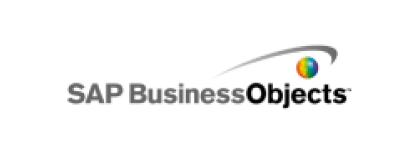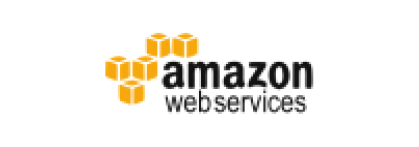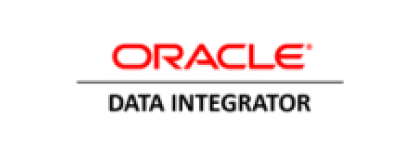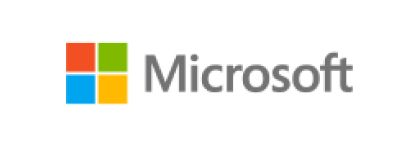of Your Company
transformative solutions.
With Best Technologies
with our advanced technological solutions
with ERP Solutions
success with our comprehensive ERP services.
with RPA Technology
efficiency with our cutting-edge RPA solutions.
with Data Analytics
and gain a competitive edge.
Special Events and News
developments.
Algospring we serve as your guide, on the path to transformation. With our expertise, in Robotic Process Automation (RPA) Enterprise Resource Planning (ERP) and Data Analytics we empower businesses to overcome obstacles and fully embrace the opportunities brought by the era. We streamline operations, optimize resources and enable data informed decision making propelling your organization towards success.
Introducing Algospring
Your Partner in Navigating Digital Transformation
At Algospring we serve as your guide, on the path to transformation. With our expertise, in Robotic Process Automation (RPA) Enterprise Resource Planning (ERP) and Data Analytics we empower businesses to overcome obstacles and fully embrace the opportunities brought by the era. We streamline operations, optimize resources and enable data informed decision making propelling your organization towards success.
Our Solutions
For Your Business Success
How Do We
Support Industries?

Reduce Process Complexity with ERP Integration:
Integrate ERP with core systems for streamlined and standardized processes, enhancing operational efficiency and effectiveness.

Boost Efficiency with Robotic Process Automation
Reduce operational costs & enhance productivity by automating manual and repetitive tasks, freeing up resources for strategic initiatives.

Empower Data-Driven Insights:
Utilize data analytics to optimize operations, gain actionable insights, and drive efficiency throughout your organization.

Embrace AI/ML for Predictive Decision-Making:
Cultivate a data-driven culture, leveraging AI/ML integration to empower informed decision-making at all organizational levels.
Our Technology Partners















Industries We Serve: Our Expertise




Knowledge-Rich Blog
in Enterprise Resource Planning








